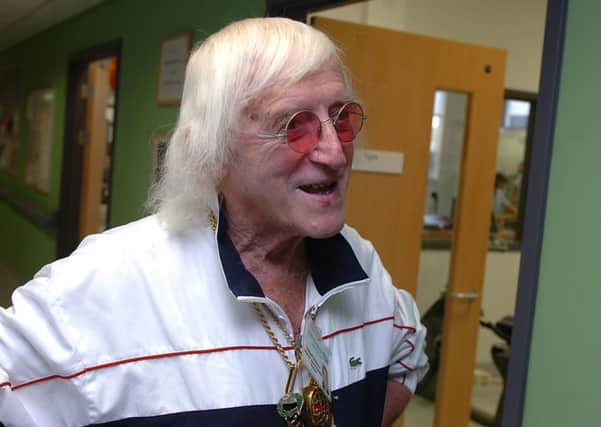How police missed chance to question Jimmy Savile


Detectives at Sussex Police did not follow all lines of inquiry properly after a woman alleged in March 2008 that she was attacked by the late entertainer in a caravan in Worthing in 1970, the Independent Police Complaints Commission (IPCC) said.
Although there was no evidence that officers deliberately dissuaded the woman from pursuing the allegation, she felt reluctant to do so following contact with police, the IPCC report said.
Advertisement
Hide AdAdvertisement
Hide AdIPCC deputy chair Sarah Green said: “Greater efforts should have been made by police to investigate the allegation and to encourage the woman to support an investigation.
“She showed considerable courage in coming forward to police but regrettably she felt that the two officers who visited her had a negative attitude towards her pursuing her allegation.
“Not sending a trained female officer, coupled with the perceived absence of support, resulted in a missed opportunity by Sussex Police to investigate Savile in 2008.”
Two male officers, a constable and a sergeant, who visited the woman in March 2008 were both experienced CID detectives.
Advertisement
Hide AdAdvertisement
Hide AdNeither was separately trained as a full-time sexual offence liaison officer.
The IPCC said the force’s own policy at the time highlighted the possibility that sex offence victims might have severe reservations about talking to officers of a different gender. But the policy was said to be “unclear” about the use of specially-trained officers to investigate historic sexual offences.